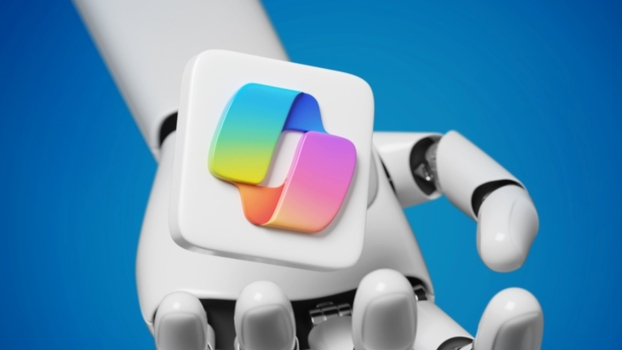
Microsoft unleashes Dragon Copilot for clinicians
Microsoft has launched its Dragon Copilot AI clinical assistant in Ireland.
Part of Microsoft for Healthcare, Dragon Copilot is built on a secure modern architecture that enables organisations to deliver enhanced experiences and outcomes across care settings for clinicians and patients alike.
Dragon Copilot brings together the natural language voice dictation capabilities of Dragon Medical One (DMO) with the ambient listening capabilities of Dragon Ambient eXperience (DAX) Copilot, fine-tuned generative AI and healthcare-adapted safeguards.
More than 200 clinicians with a wide range of medical disciplines across seven healthcare organisations, in the UK and Ireland, tested Dragon Copilot as part of a private preview programme that involved over 10,000 consultations.
“Dragon Copilot is helping to reshape how clinicians manage time-consuming administrative tasks, such as documentation, referrals, and after-visit summaries, freeing up valuable time for patient care,” said Ciara Perciavalle, head of health at Microsoft Ireland.
In a recent Microsoft commissioned report, 40% of patients surveyed reported having a consultation where they felt the clinician was too focused on the screen to provide their full attention. With the clinician-patient experience serving as the heart of high-quality care, AI solutions like Dragon Copilot offer practitioners a solution that helps improve human connection by reducing administrative tasks and facilitating more personalised care with enhanced data-driven insights.
Perciavalle added: “By streamlining workflows and integrating seamlessly with electronic patient records (EPR), Dragon Copilot not only enhances operational efficiency, but also supports clinician well-being, retention, and patient experiences. As Ireland continues to address growing demand and resource constraints, solutions like Dragon Copilot are vital in building more resilient and compassionate healthcare for the future.”
Dr Peter-Marc Fortune, paediatric intensive care physician and chief medical information officer at the Manchester University NHS Foundation Trust, agrees that clinical AI assistants like Dragon Copilot “should reduce the burden of ensuring that [clinicians are] capturing everything, so they can actually focus on the interaction with the patient. [Consultations now feel more] face-to-face… like would have happened in the GP surgery 20 years ago, before everybody had PCs on their desk. The most important thing is to develop a relationship with a patient.”
TechCentral Reporters






Subscribers 0
Fans 0
Followers 0
Followers